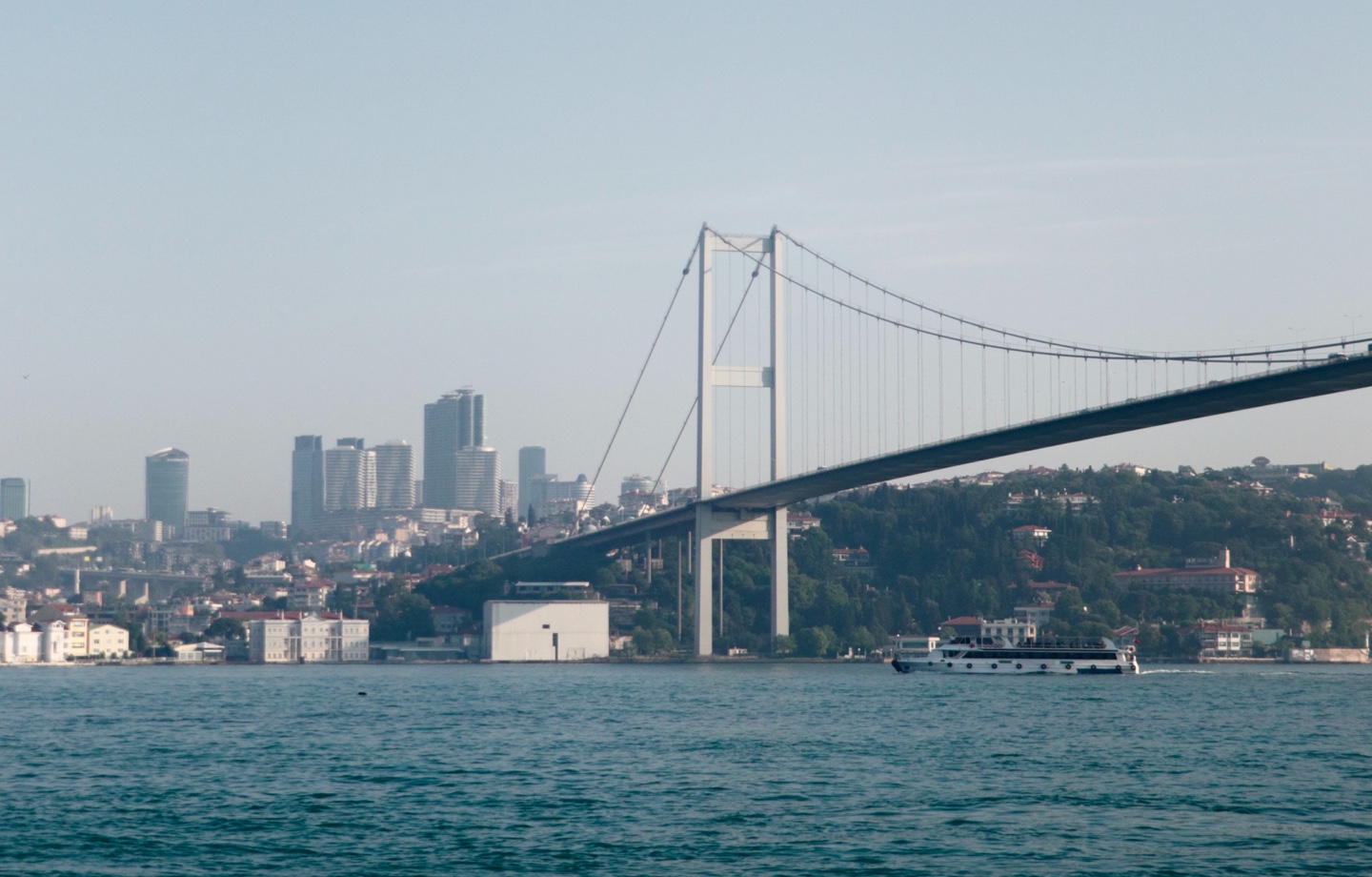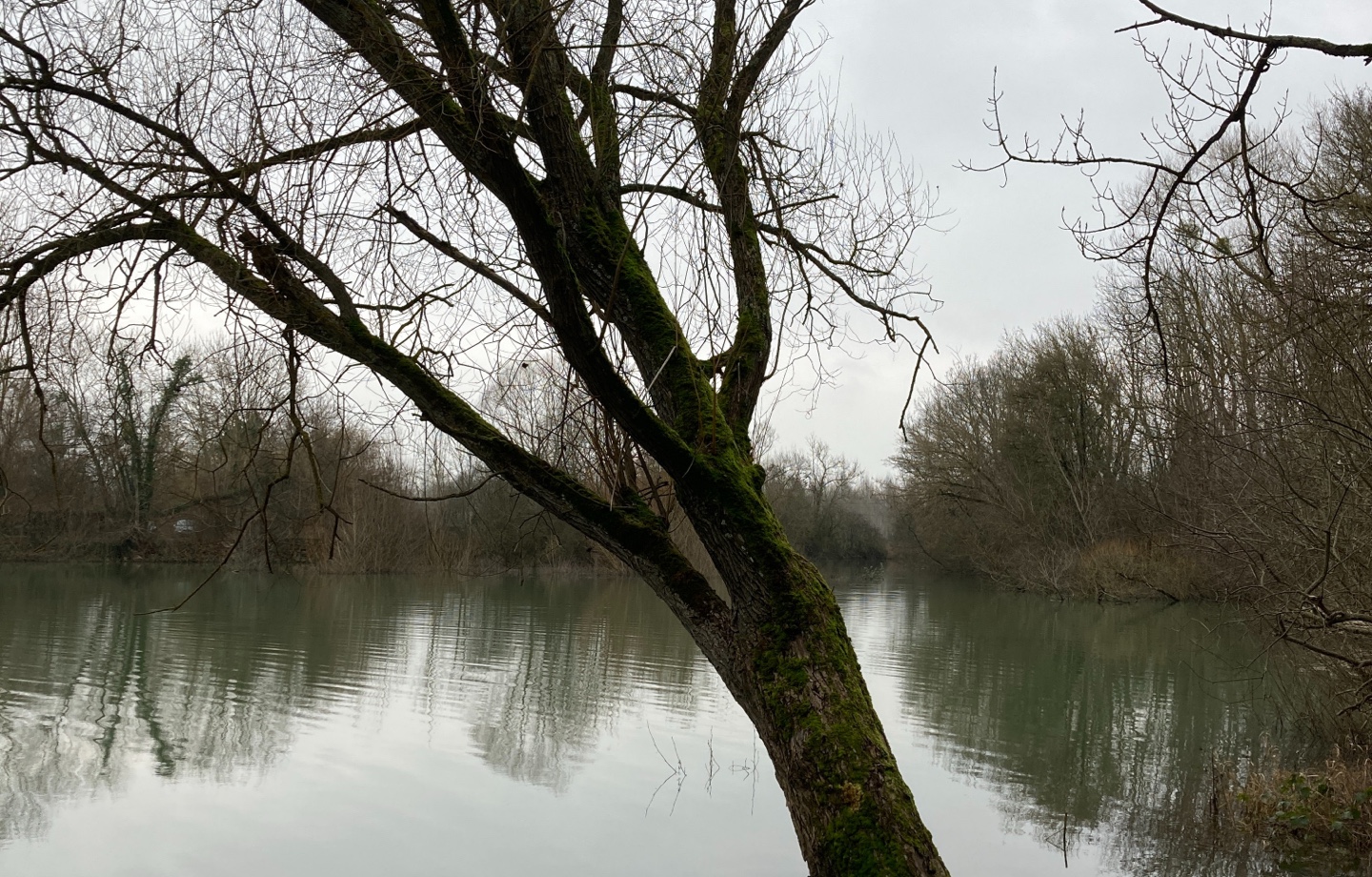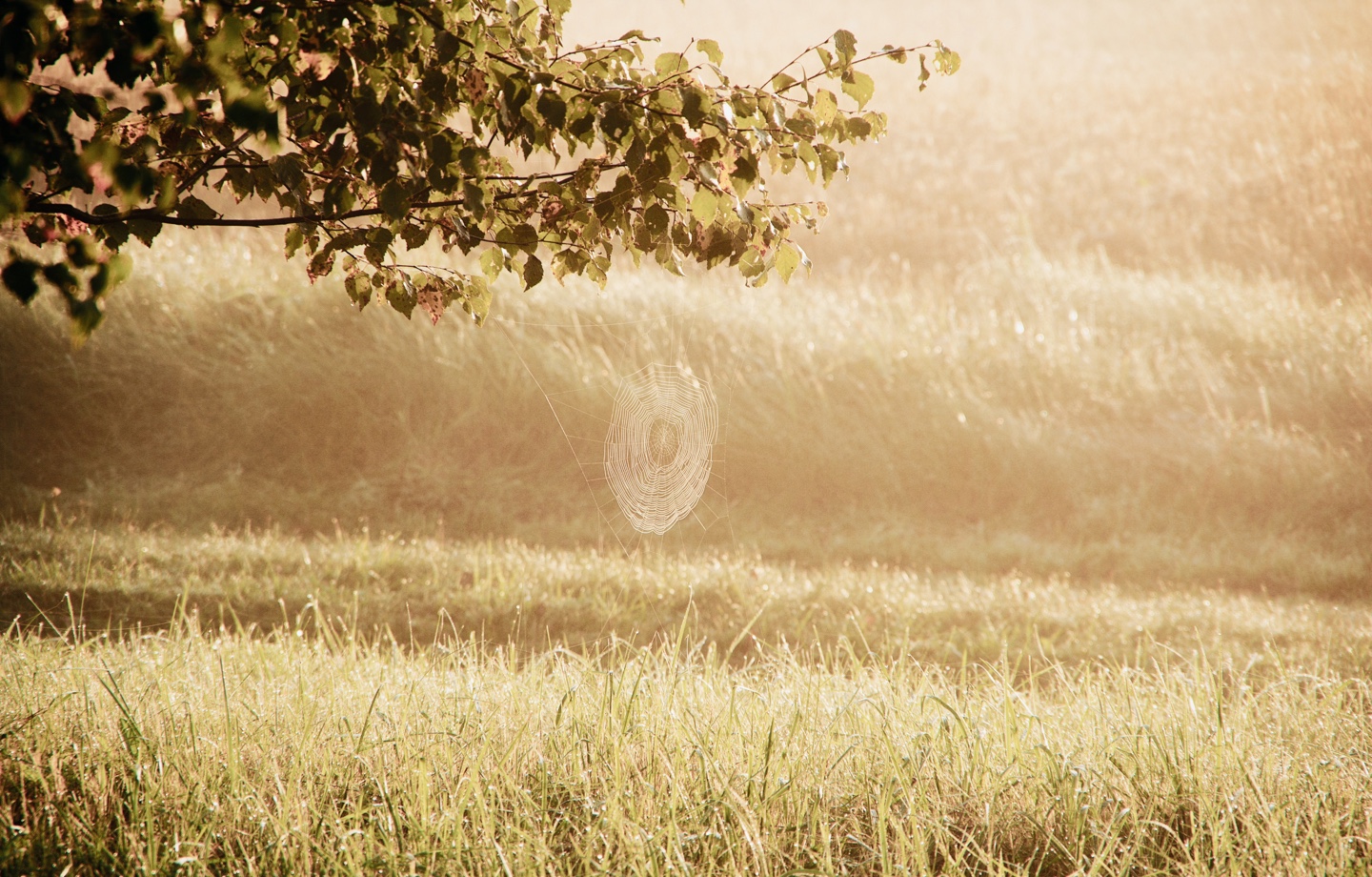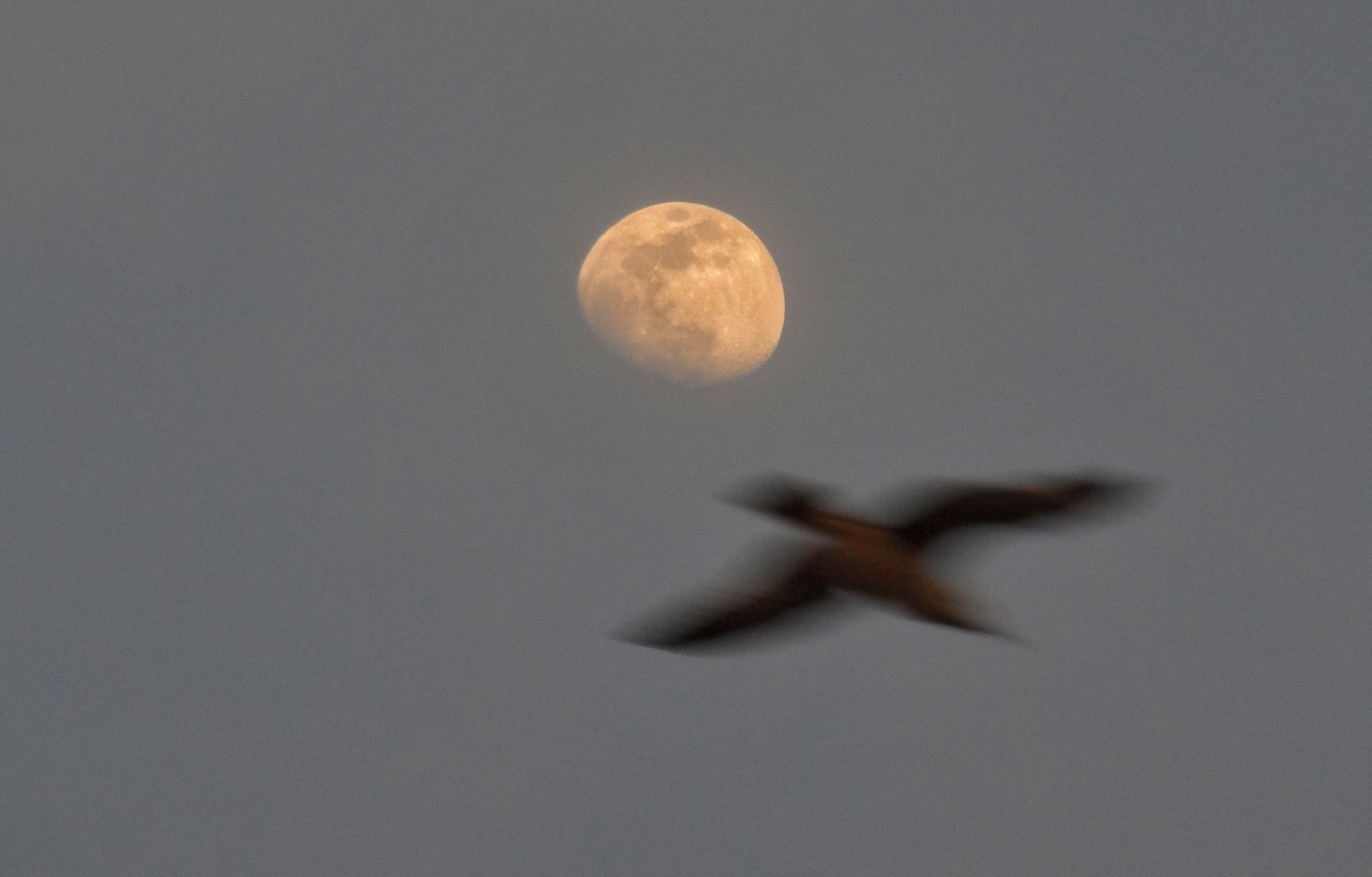Welcome to season two of “A Little Green,” a podcast from Avocado Green Brands. This season, we invited guests to share stories about how the outdoors have impacted them in positive, life-changing ways. Listen to all eight episodes here.
In episode five, we heard from Elizabeth Shvarts, a talented poet and climate activist who discovered the power of words to drive change after her family home was destroyed by Hurricane Sandy.
Here is her story.
Christina Thompson: It was a rainy April afternoon earlier this year when I first heard the voice of our next storyteller.
Elizabeth Shvarts: (Reading) What capitalist, who pocket profits, pillage from my planet, the tenor of their tired protests leaving…
Christina Thompson: I was driving in my car and nearly had to pull over. She was performing a spoken word poem on NPR, and it absolutely blew me away.
Elizabeth Shvarts: (Reading) Every mother dreams of becoming an everlasting…
Christina Thompson: And then the host introduced her. Seventeen-year-old Elizabeth Shvarts. New York’s 2022 Youth Poet Laureate; quite the achievement. Needless to say, we were so thrilled to have Elizabeth as part of this series sharing her story, and it’s one that dates back to when she was very young and in the midst of a devastating weather event that many of us New Yorkers remember all too well: Hurricane Sandy.
Tune in to Episode 1: Sailing The World to Save a Culture
Elizabeth Shvarts: Uh, oh, I have one about spring, which is, like, that’s a little bit late for that. I have one about the sun. I think I was eight when I wrote this. This poem was called “The Sun,” and I have not read this since I was eight.
(Reading)
Oh, the sun,
She shines so bright,
Glowing on from day ’til night.
The only substance that can warm the world
And provides food for boys and girls.
The Earth’s light until the end of the day,
When we all go to sleep until tomorrow’s play.
But I still think of the sun who shines so bright,
For she is the only one that brings out the light.
My name is Elizabeth Shvarts, and I am a writer, poet, and performance artist, hailing from Staten Island, New York. I really enjoy the fact that there are so many places to go biking and lots of nature, which is not something you see in the city and its proximity to the city. It’s been so long; it’s been almost 10 years since I wrote my first poem.

It was in the car ride home, and it was a rainy night. I saw a building, and I imagined it could be a clock tower, and I was like, what if I wrote a poem about rain falling down a clock tower?
I remember falling in love with just the magic of words and the lyricism because I was an aspiring songwriter at the time because, you know, Taylor Swift. I love Taylor Swift.
I remember in summer of 2012, it was a lot hotter than I remember. You know, I was seven at the time. I didn’t really read weather apps or do much research on climate, but I do remember it being strikingly hotter than usual. A few months later, Hurricane Sandy happened. I remember it was at the end of October, and so me and my family were getting ready for Halloween.
I also remember my parents reading the news and their brows furrowing and them being really concerned. At first, I couldn’t understand why my parents were so concerned. Why couldn’t we go trick or treating? Why couldn’t we continue life as normal? And they told me that there was a hurricane coming, and so we needed to relocate to my grandparents’ house in Brooklyn.
We were right across from the beach, and so we would’ve been in danger if we stayed in the house. We had to leave.
Half of our home was destroyed. There was just a giant hole in the ceiling from the kitchen to the basement, and then our basement was also, you know, completely destroyed. We lived on South Beach, so we were right next to the flood zone. We had lost a lot of stuff from my childhood; toys and, you know, photo albums were completely soaked with water or destroyed.

Tune in to Episode 2: The Power of Hiking for Mental Health
Same thing with our backyard. It was just frightening to see what one house from one hurricane or one natural disaster looked like. I had this visceral understanding of what climate change could do. My first recollection of knowing what climate change was and seeing the impacts of it. It was more real for me than if I hadn’t gone through that.
I continued writing, and I remember, at that point in freshman year, I was sort of isolated in my poetry. There weren’t really a lot of other people who wrote, and I went to a really STEM-oriented school. I remember feeling kind of dejected. At some point, I was, like, you know, “Why am I writing? What’s the point of all this? Who am I reaching? Am I reaching anyone? Do I need to reevaluate my entire life?”
And then I found Climate Speaks. Initially, I just knew it as this workshop where you got to learn about climate justice movements, and meet high schoolers from all over the city, and workshop your poetry, and perform possibly at the Apollo. And I was, like, “Whoa, this all sounds amazing.”
Climate Speaks was the beginning of my journey as an artivist, to being an activist and an artist. Poetry is something that really lends itself to that because it’s very emotionally charged and very vibrant, and also there’s often a lot of visual imagery that can supplement the words that you’re hearing or reading.
Tune in to Episode 3: How Camping Saved a Marriage
Part of the beauty of poetry is that it allows you to strengthen community, but also discover new ones and to bring magic in a way that only language can do.
This poem is entitled “Mother Nature to Child,” and it was the poem that I performed at the Climate Speaks performance at the Apollo and one of the first, if not the first, spoken word poem that I ever wrote:
(Reading)
Every mother dreams of the day her children,
Her fruits of labor,
Merely fledgling finches whose feathers are stuck with the saccharine sap of morning dew,
Saucer eyes agleam with the light of blissful ignorance,
Can step off the stalwart oak tree at last and spread their wings.
Every mother longs…

If it hadn’t been for Climate Speaks, I wouldn’t have found Urban Word, and that’s where I really got into the technical aspect, doing summer intensives. I applied to be the New York City Youth Poet Laureateship Finalist, and then, in 2021, becoming the New York City Youth Poet Laureate, which was honestly surreal. I think poetry is about capturing reality for what it is and then what it could be.
My relationship with the climate has taught me about gratitude and savoring every time I go on a bike ride, every time I’m in a place with trees and with nature, and just being constantly surprised, and connecting joy to surprise, and being more aware of individual impact, as well as realizing how much is out of our hands and how much is in our hands. And then poetry is kind of the bridge between that. It’s also renewed my writing relationship, as well as my relationship with my friends.
I’m spending as much time in nature as possible and doing what I can to make sure this Earth is better than we found it.
Tune in to Episode 4: How an Endangered Butterfly Inspired Hope and Healing
Something I’ve always tried to do is end my poems on a note of hope. Hope is important to me because it’s the driving force for change. No matter how cynical someone appears to be, we always want there to be hope. That’s why we dream, that’s why we write. That’s why we make art. We’re hopeful that we can learn something new and leave changed.
In this one, “The Garden Never Becomes Bouquet”
(Reading)
In other words, leave the blossom tree alone,
There are enough carnations,
Meaning cellophane corpses,
When was the last time you two had a conversation?
I’m tired of playing telephone, instead,
I circle the cul-de-sac, scuffing [asphalt-like] brush stroke,
Some days I want to cut the song at breath.
I shirk the shearing, someone else can scrub halfheartedly,
Sink to your knees, don’t scrape the marble.
God knows what you did.
When did you trade Play-doh for Lego blocks?
Do you wince when we trade eulogies for playground songs?
For pharmacy receipts,
For marriage certificate,
Meaning pomegranate seeds by the spoonful,
Not to be sold,
Meaning abundance is our birthright,
Meaning our limbs aren’t kindling.
Who told you sunbeams burn outside the binary?
What is a body but future in motion?
Gamble on the promise that constellations guide us home
Towards an existence that lends itself to thriving.
To bird bone, to fossilize, to beating heart to eulogize my body,
Our body, a temple.
And in spite, I am soft, I am strong, I am still, I am here, I am still, I am here, we are here.

Christina Thompson: To find more of Elizabeth’s remarkable poetry, head to alittlegreenpodcast.com where we’ve included some links in the show notes.
A Little Green is an Avocado Green Brands podcast.

Shop Pillows
The Essential Organic Pillow Collection
Gentle, breathable, non-toxic support.





